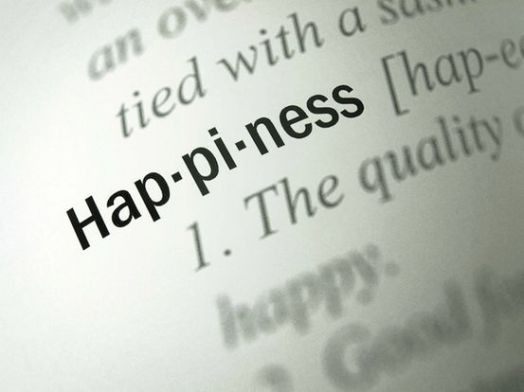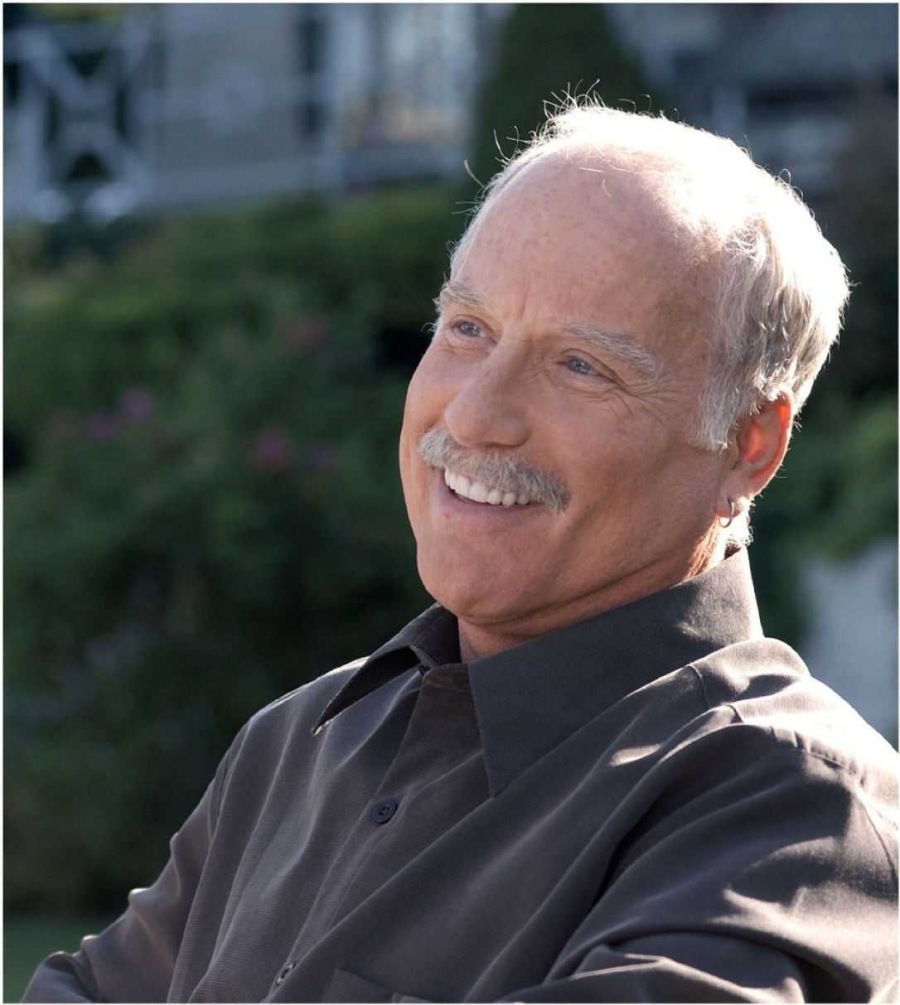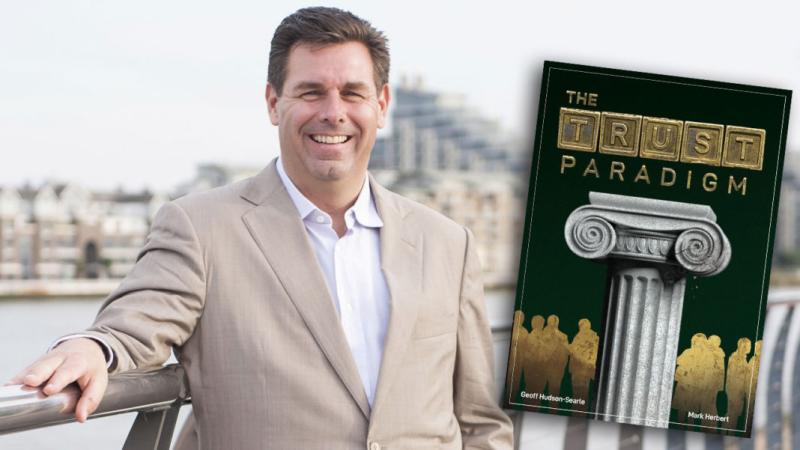Happiness explained......

I was having extended thoughts on the subject on the ‘quality of one’s life’ and without using too many metaphor’s, ‘happiness’ is proven to be a major contributing factor to the quality of one’s life.
I have written extensively on the subject of happiness with blogs such as “What is Happiness?”, “Are good story tellers happier in life and business?” and many more subjects around love and relationships in today’s world – Richard Layard’s book ‘Happiness’ explains the paradox of happiness at the very heart of our lives – he has drawn on economics, psychology, neuroscience, sociology, philosophy and social policy – frankly there is little to disagree with his theories or indeed his findings. Neil Pasricha wrote ‘The Happiness Equation’, drawing on the same as Richard, but searching the collective wisdom of positive psychologists, dozens of Fortune 500 CEO’s and thousands of personal interviews, effectively attempting to solve ‘what is the simplest formula for a happy life? And Steve Hilton wrote ‘More Human’, a book that debates that much of our daily experience, from food we eat, governments we elect, the economy on which our wealth depends, to the way we care for our health and well being, has become too big, too bureaucratic, and too distant from the human scale, truly effecting our happiness and there are 100’s of more authors and books that study the human mind and behaviour on exactly how do we become ‘happy’.
In June 2016 the OECD committed itself “to redefine the growth narrative to put people’s well-being at the center of governments’ efforts”. 1 In February 2017, the United Arab Emirates held a full-day World Happiness meeting, as part of the World Government Summit. Now on World Happiness Day, March 20th, the OECD launched the World Happiness Report 2017, once again back at the United Nations, again published by the Sustainable Development Solutions Network, and now supported by a generous three-year grant from the Ernesto Illy Foundation. Some highlights are as follows.
Norway tops the global happiness rankings for 2017 – it jumped from 4th place in 2016 to 1st place this year, followed by Denmark, Iceland and Switzerland in a tightly packed bunch. All of the top four countries rank highly on all the main factors found to support happiness: caring, freedom, generosity, honesty, health, income and good governance. Their averages are so close that small changes can re-order the rankings from year to year. Norway moves to the top of the ranking despite weaker oil prices. It is sometimes said that Norway achieves and maintains its high happiness not because of its oil wealth, but in spite of it. By choosing to produce its oil slowly, and investing the proceeds for the future rather than spending them in the present, Norway has insulated itself from the boom and bust cycle of many other resource-rich economies.
To do this successfully requires high levels of mutual trust, shared purpose, generosity and good governance – all factors that help to keep Norway and other top countries where they are in the happiness rankings. All of the other countries in the top ten also have high values in all six of the key variables used to explain happiness differences among countries and through time: income, healthy life expectancy, having someone to count on in times of trouble, generosity, freedom and trust, with the latter measured by the absence of corruption in business and government. Here too there has been some shuffling of ranks among closely grouped countries, with this year’s rankings placing Finland in 5th place, followed by the Netherlands, Canada, New Zealand, and Australia and Sweden tied for the 9th position, having the same 2014-2016 score to three decimals.

Happiness is both social and personal. This year’s report emphasised the importance of the social foundations of happiness. This can be seen by comparing the life experiences between the top and bottom ten countries in this year’s happiness rankings. There is a four-point happiness gap between the two groups of countries, of which three-quarters is explained by the six variables, half due to differences in having someone to count on, generosity, a sense of freedom, and freedom from corruption. The other half of the explained difference is attributed to GDP per capita and healthy life expectancy, both of which, as the report explains, also depend importantly on the social context. However 80% of the variance of happiness across the world occurs within countries.
In richer countries the within-country differences are not mainly explained by income inequality, but by differences in mental health, physical health and personal relationships: the biggest single source of misery is mental illness. Income differences matter more in poorer countries, but even there mental illness is a major source of misery. Work is also a major factor affecting happiness.
Unemployment causes a major fall in happiness, and even for those in work the quality of work can cause major variations in happiness. People in China are no happier than 25 years ago. Our China chapter is led by Richard A. Easterlin, who pioneered the economics of happiness more than 40 years ago. It contrasts the sharply growing per capita income in China over the past 25 years with life evaluations that fell steadily from 1990 till about 2005, recovering since then to about the 1990 levels. They attribute the dropping happiness in the first part of the period to rising unemployment and fraying social safety nets, with recoveries since in both.
Much of Africa is struggling. The Africa chapter, led by Valerie Møller, tells a much more diverse story, as fits the African reality with its great number and vast range of experiences. But these are often marked by delayed and disappointed hopes for happier lives. Happiness has fallen in America. The USA is a story of reduced happiness. In 2007 the USA ranked 3rd among the OECD countries; in 2016 it came 19th. The reasons are declining social support and increased corruption (chapter 7) and it is these same factors that explain why the Nordic countries do so much better.
The terms ‘quality-of-life’ and ‘happiness’ are often equated. This conceptual connection is more or less implied in the use of words. The phrase ‘quality-of-life’ suggests that life is good in all aspects. Such a good life must be a happy life. Both terms owe much of their popularity to their suggestion of inclusiveness. They came into use as slogans in discussions. ‘Quality’ of life was contrasted with mere ‘quantity’ of life (prolonging life at all cost).
Over the centuries, the term ‘happiness’ has been used as a catchword for all above mentioned meanings of ‘quality-of-life’. In philosophy the first two meanings mentioned prevailed: in social philosophy the meaning of good living conditions (happiness as the good society) and in moral philosophy the meaning of good performance (happiness as virtue).
In current social science the third meaning prevails; the word happiness is commonly used to denote subjective enjoyment of life. Subjective enjoyment of life is not a one-dimensional matter. One can enjoy the thrills of life, but at the same time suffer under its tensions. Likewise one can like life in one domain, such as marriage, but at the same time dislike life in another, such as work. In the literature on subjective quality-of-life, these appraisals are referred to as respectively ‘aspect-satisfactions’ and ‘domain-satisfactions’. These partial appraisals of life are distinguished from subjective appreciation of life-as-a-whole.
Happiness is the degree to which a person evaluates the overall quality of his present life-as-a-whole positively. In other words, how much one likes the life one leads.
So why it is so hard to maintain a continually happy and peaceful mind if we have all this potential for peace and happiness within us?
The term ‘quality-of-life’ suggest that the various things we deem good tend to coincide. Happiness is believed to be part of this syndrome. Happiness does indeed concur with several qualities of life, for instance with environmental qualities such as freedom and personal abilities such as autonomy.
Yet more of these qualities does not always give more happiness. Most of the relations are subject of the law of diminishing utility and much of the relations seems to be bound to specific conditions.
Further happiness does not concur with all cherished qualities – for instance not with state-welfare or with personal intelligence. Something deemed good may even reduce happiness. In reality there is thus less inclusiveness than the term ‘quality-of-life’ suggests. We should use the term only as a token, and base our reasoning and measurements on more distinct concepts.
Finally, all delusions function in this way, within our mind as well as the minds of others. They project their own distorted version of reality onto the world, and we become convinced that this projection must be true. When delusions arise within us we have lost our grip on reality and cannot see things as they really are. Because our mind is always under the control of, at least, subtle forms of delusion all the time, we should not be surprised at our seemingly never ending stress, anxiety and confusion. It is as if we are continually chasing mirages, finding only disappointment when they don’t seem to fulfil our desires or pacify our frustrations.
S. McCall once said:
""“The best way of approaching quality of life measurement is to measure the extent to which people’s ‘happiness requirements’ are met. i.e. those requirements which are a necessary (although not sufficient) condition of anyone’s happiness – those ‘without which no member of the human race can be happy.'”
Articles from Geoff Hudson-Searle
View blog
I had the great fortune to see Hollywood legend Richard Dreyfuss at the Cadogan Hall – Chelsea, Lond ...

A recent publication by Business Mondays, published a recent interview on Geoff Hudson-Searle, that ...

Tequila has never been a good friend to me and to be honest with you I have never really understood ...
You may be interested in these jobs
-
Behaviour Mentor
Found in: Jooble UK O C2 - 1 day ago
GSL Education - London London, United KingdomStart Date: ASAP, April 2024 · Contract Type: Full Time, Temporary to Permanent · Do you have a genuine interest for helping pupils improve their behavioural skills? Currently, GSL Education is seeking a Behaviour Mentor who will be able to work in vibrant secondary schools in ...
-
Internal/External Sales Executive
Found in: Jooble UK O C2 - 5 days ago
Barrett Steel Middlesbrough, United KingdomLocation: Middlesbrough · Have you got what it takes to succeed The following information should be read carefully by all candidates. · Salary: Highly Competitive Plus Excellent Benefits · Job Type: Full time · Contract Type: Full time · Enhance your steel sales career with a res ...
-
IT Commercial Officer
Found in: Jooble UK O C2 - 1 week ago
Express Recruitment United KingdomExpress Recruitment are delighted to be working with a fast-growing IT professional services organisation in Nottingham. Due to continued business success and exciting forecasted growth, our client is seeking a methodical and efficient IT PMO Officer to assist successful project ...
Comments